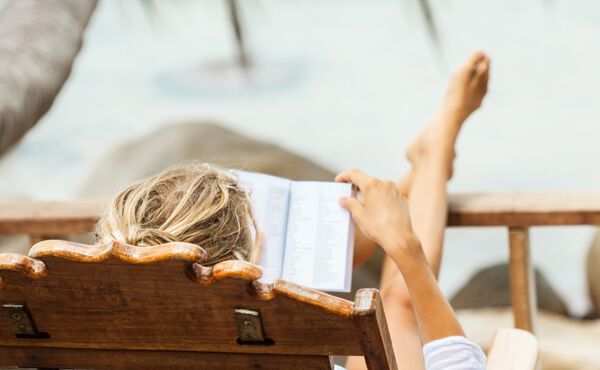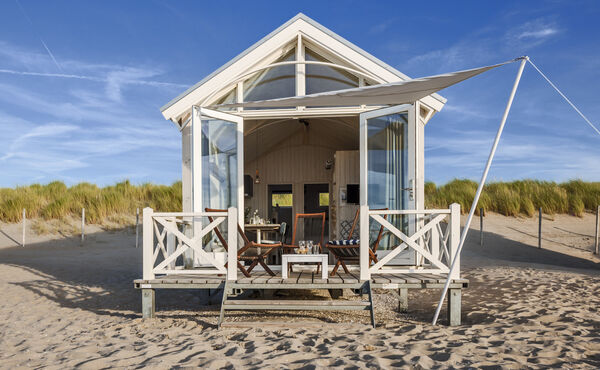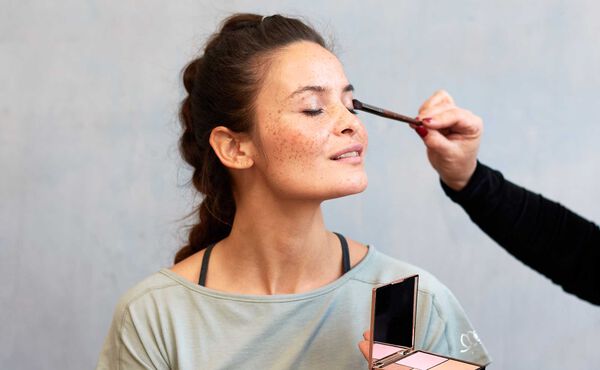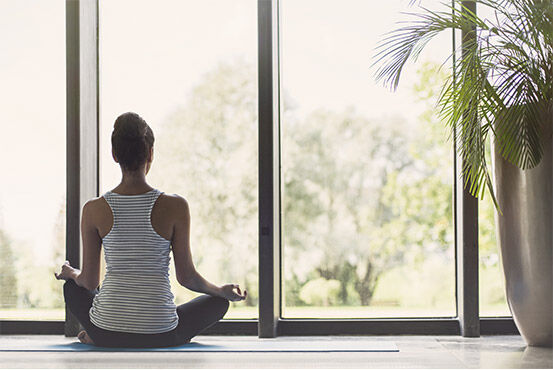Your colleague comes back from his two week tour of southern Italy, bronzed, well-fed and dying to discuss every detail. Meanwhile, you’re checking flights and reading blogs about the best places to take in the local culture and cuisine of Vietnam. Which one of you is truly happiest at this moment in time? Science says it’s actually you.
Surprised? We thought so. Conventional wisdom says that the person engaging in the day-to-day relaxation of vacation would be the happier one, perhaps followed by the one who is brimming with memories from his recent trip and can’t stop sharing them. However, according to researchers, your happiness index is actually highest because of the psychological boost that comes with the anticipation of a big event.
Not the deed, not the memory, but the build-up
In a study published in the journal Applied Research in Quality of Life, researchers in the Netherlands studied the happiness levels of 1,530 adults—974 were in the experiment group and 556 in the control group—to determine if people who took vacations during a 32 week period were happier than those who didn’t. What they found was completely unexpected: the highest levels of happiness reported by all vacationers came during the eight weeks prior to going away, meaning that the participants experienced more pleasure while planning their holiday than during or after it.
As tourism research lecturer at Breda University Jeroen Nawijn told The New York Times, “Vacations do make people happy. But we found people who are anticipating holiday trips show signs of increased happiness, and afterward there is hardly an effect.”
Back to the daily grind
This can be interpreted as grim news by some, but when they compared the experimental group (the holiday-goers) with the control group who stayed home, there was no marked difference in happiness levels after the vacationers had been home for two weeks. In fact, some reported being unhappier than their counterparts who didn’t go on holiday, due to things like returning to their jobs and becoming stressed at the workload that had accumulated. Still others reported that the holiday itself had made them unhappy, thanks to fights with their traveling partner or falling ill.
Turn one holiday into two
But don’t let this discourage or convince you that you’re better off just staying home. Instead, Nawijn advises, “The practical lesson is that you derive most of your happiness from anticipating the holiday trip. What you can do is try to increase that by taking more trips per year. If you have a two week holiday you can split it up and have two week holidays,” he says. “You could try to increase the anticipation effect by talking about it more and maybe discussing it online.”
This is some advice we can really wrap our heads around—getting away more and bragging on and offline about our anticipated adventure? Sign us up.
(Still) love your days away by doing nothing
Of course, while anticipating a holiday is scientifically proven to make us the most happy, that’s not to say that the vacation itself is a distant second. According to an article posted on the website Psychology Today, the reason we embrace vacation is because it feels good to be unproductive for a while, and to just be in the moment. Planning your trip is still being productive, but once you’re at your destination and everything falls away, “all you have to accomplish is listening to the waves or slowing down enough to watch the sun plummeting over the hills at day’s end.”
So, what have we learned here? If you just came back from holiday, don’t wait for the afterglow to fade. Crack open your laptop and start planning the next one. Make sure you post on a few social media sites about it, too.
And if you’re reading this from a sandy beach somewhere, pause, take a moment and just enjoy...

.jpg?sw=600&sh=370&sm=fit&cx=2314&cy=0&cw=6487&ch=4000&sfrm=jpg)


.jpg?sw=600&sh=370&sm=fit&cx=0&cy=11&cw=600&ch=370&sfrm=jpg)

.jpg?sw=600&sh=370&sm=fit&cx=0&cy=909&cw=2000&ch=1233&sfrm=jpg)

.jpg?sw=600&sh=370&sm=fit&cx=0&cy=111&cw=4001&ch=2467&sfrm=jpg)

